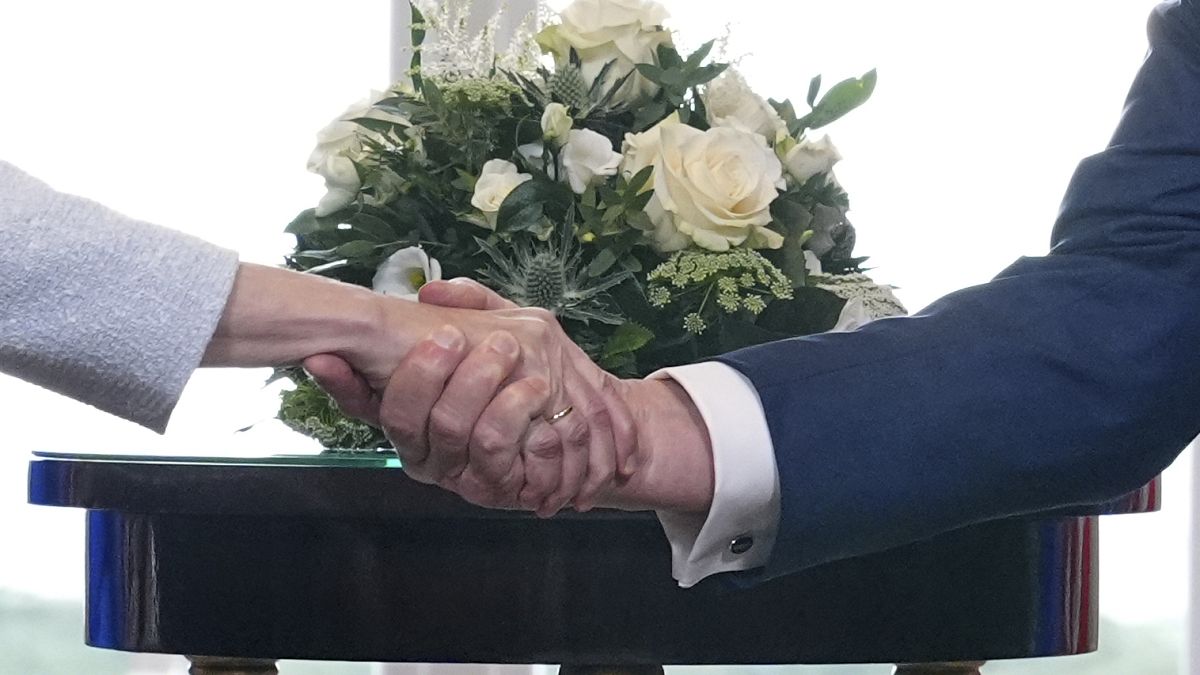

In an ever-evolving global arena, recent international developments highlight burgeoning diplomatic efforts and policy shifts. These events touch on key aspects of trade, migration, and state recognition, underscoring the dynamic nature of global relations.
The European Union and the United States have reached a tentative agreement on a new trade deal, which, despite mixed signals from involved parties, promises to enhance economic collaboration across the Atlantic. Industry stakeholders, market analysts, and government entities are keenly awaiting a ‘joint statement’ to provide clarity on the commitments made by both sides. This accord is anticipated to reinforce trade ties and foster economic growth, offering a promising outlook as both regions aim to tackle common challenges through synchronized strategies.
In another European shift, Denmark has embarked on a migration policy reset, marking a notable transition in its approach. By instituting restrictive rules under a progressive framework, Denmark is prompting a broader conversation across the European Union about the future of migration policies. This move could potentially lead to an EU-wide reassessment, encouraging member states to revisit and possibly reformulate their approaches on how they manage migration in a way that aligns with contemporary societal values and challenges.
On the global recognition stage, Canada and Malta have announced their intent to recognize Palestine as a sovereign state, joining the ranks of France and the United Kingdom. This decision emerges amidst ongoing high-level deliberations at a United Nations conference focused on finding a viable two-state solution for the Israeli-Palestinian conflict. Although both the United States and Israel opted not to participate, the growing list of countries recognizing Palestinian statehood underscores a significant shift in international diplomacy, potentially paving the way for renewed peace talks and dialogue.
Meanwhile, in Southeast Asia, Thailand and Cambodia have reaffirmed a fragile ceasefire agreement after experiencing the worst bout of violence in years. The recent skirmishes resulted in significant loss of life and displacement, highlighting the complexities of maintaining peace in regions plagued by historical tensions. Despite the challenges, the recommitment to peace reflects a mutual desire to progress towards stability and minimize further hardships faced by civilians.
In a more casual diplomatic encounter, former Canadian Prime Minister Justin Trudeau and singer Katy Perry were seen at a leisurely dinner in Montreal, stirring curiosity and conjecture about the nature of their meeting. While devoid of public displays of affection, the dinner at Le Violon restaurant sparked discussions typical of high-profile personalities, showcasing the influence of cultural figures in global media narratives. Their meeting, though informal, adds a lighter note to the broader tapestry of international interactions.
These stories illustrate the intricate interplay of policy decisions, diplomatic recognition, and personal engagements that shape today’s interconnected world, offering a glimpse into the ongoing dialogue that continues to define our global community. As nations navigate these developments, the emphasis remains on fostering cooperative relationships that seek to address shared concerns, ultimately contributing to the well-being of communities worldwide.
Source: {link}
